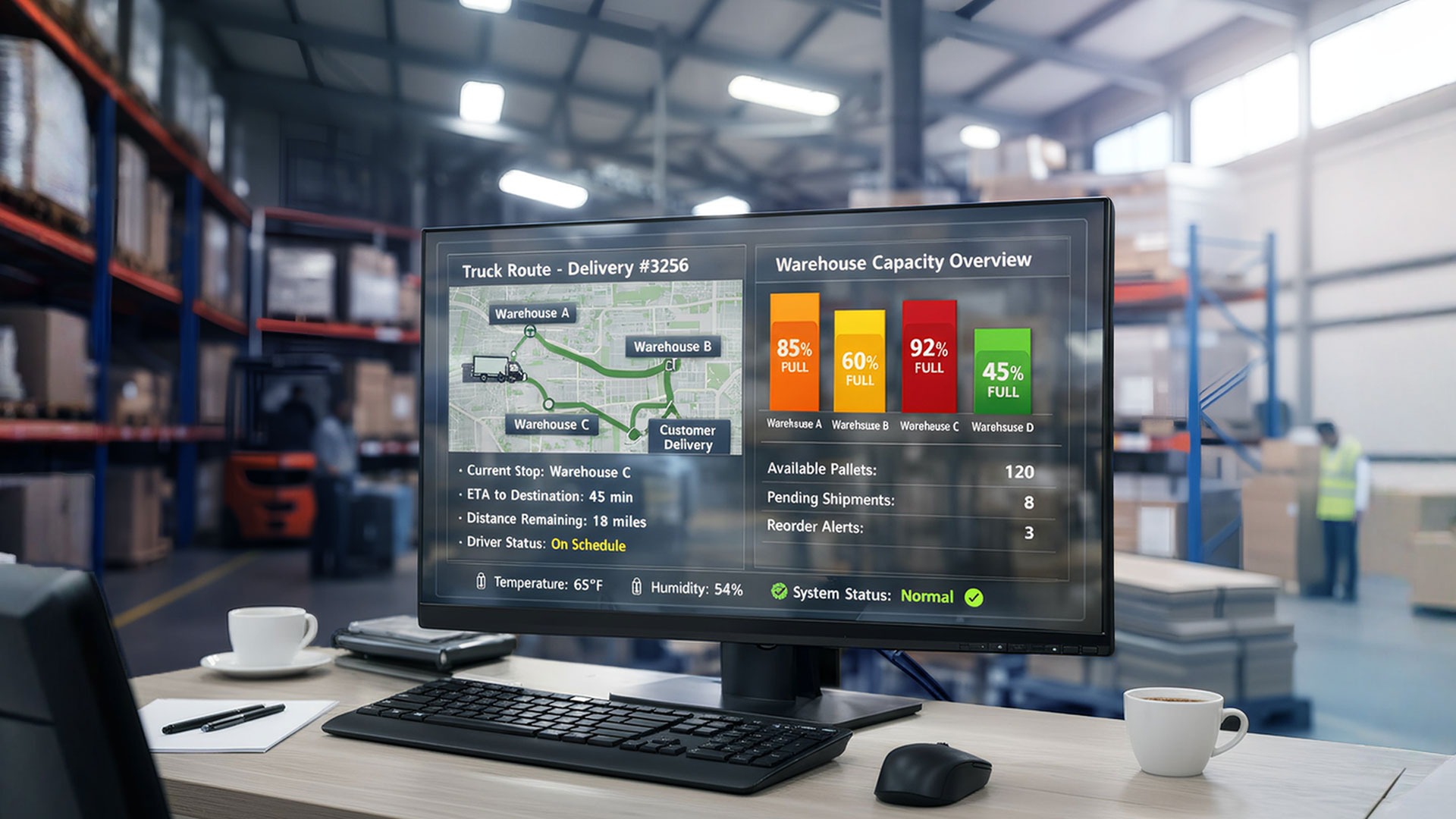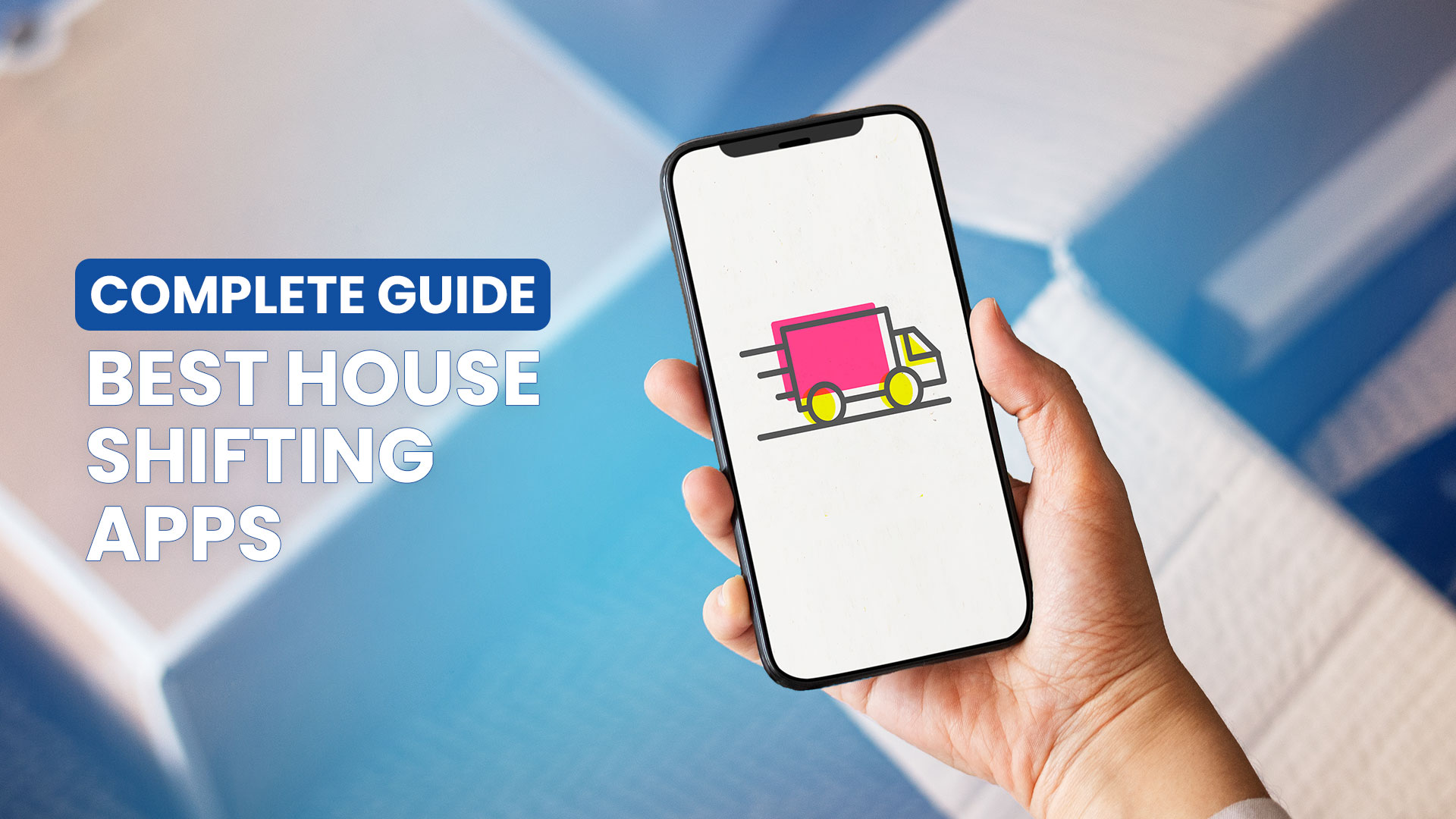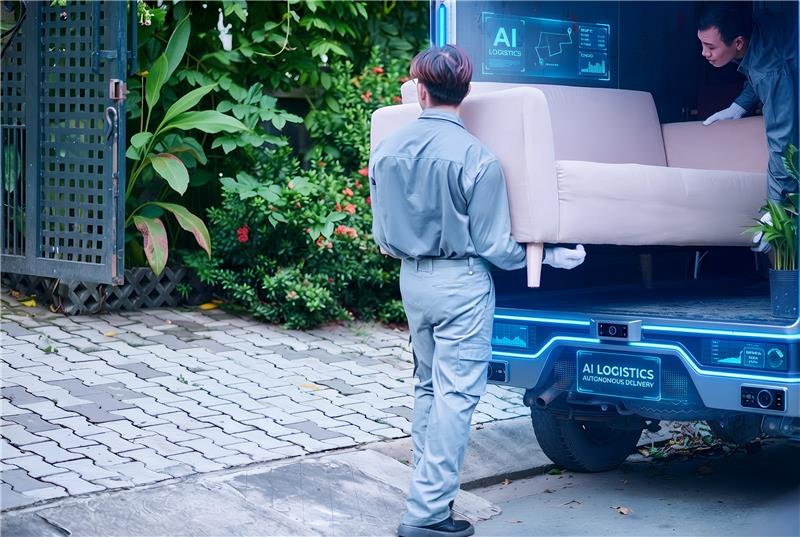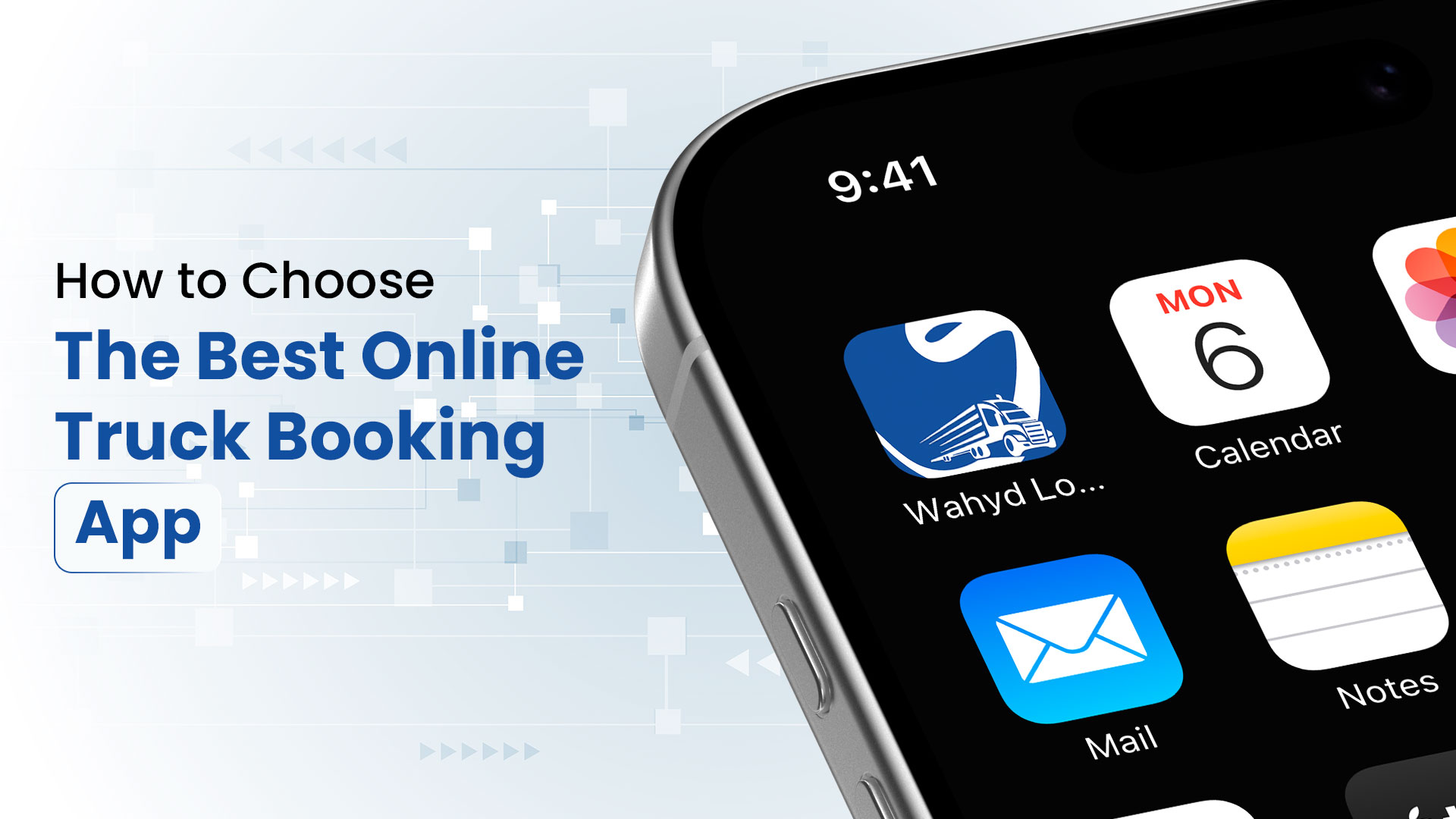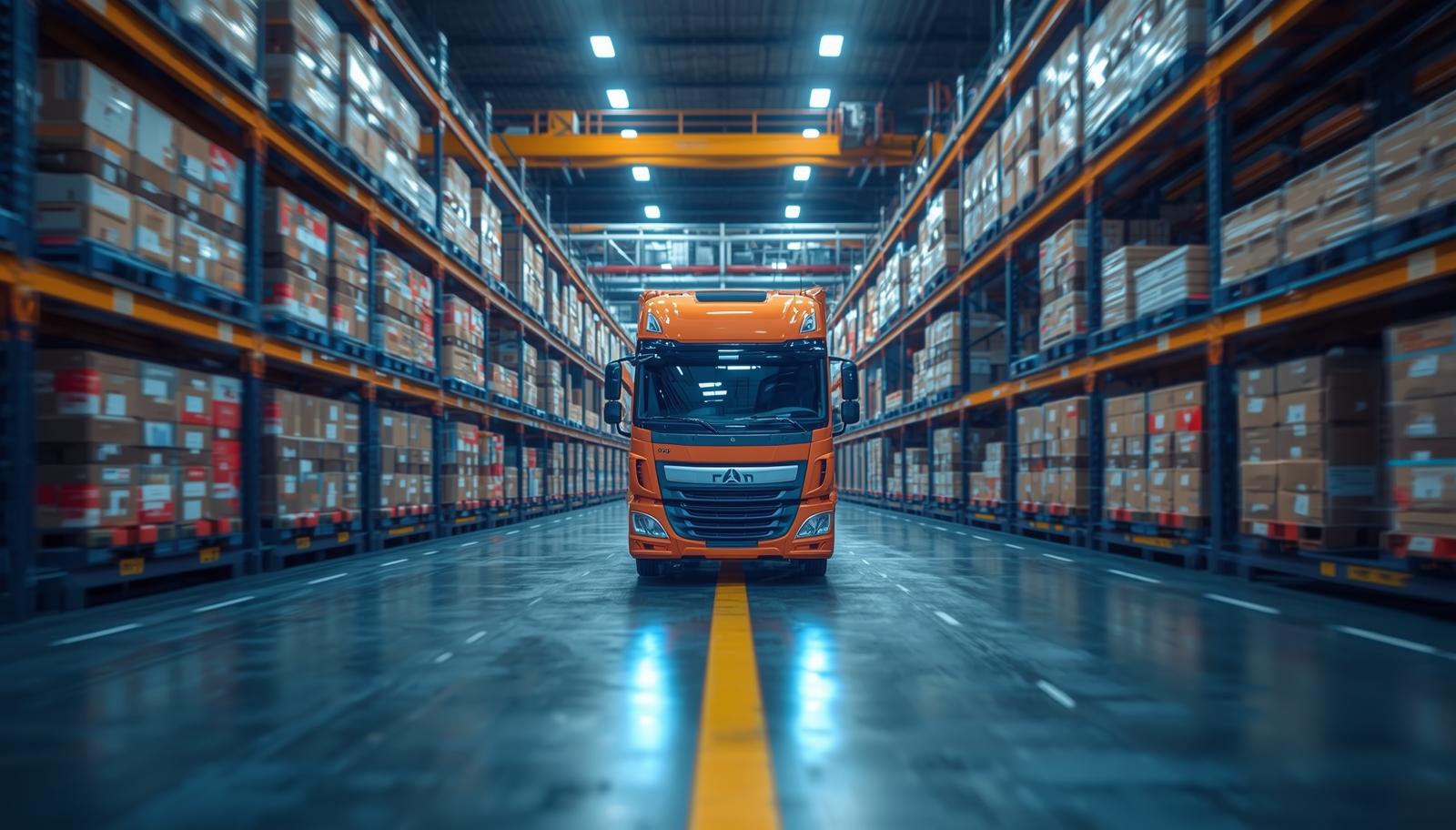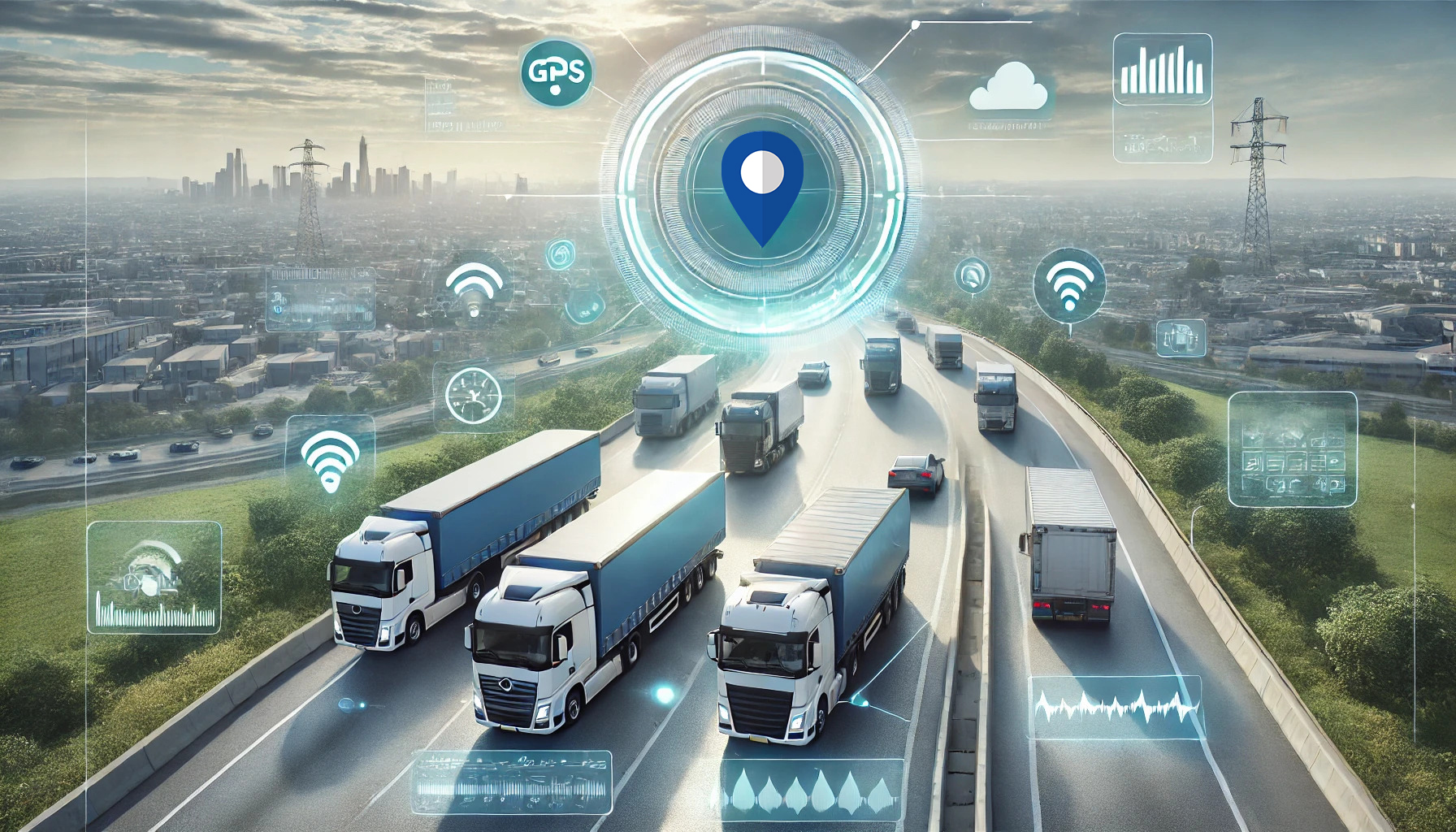
Fleet management, which refers to managing a company’s vehicle operations carefully has significantly transformed over the years. One must use technology if one is to manage fleets nowadays effectively. Telematics ranks top among various technological developments that have taken place within the fleet management field.
Telematics is the fusion of telecommunications with information technology, enabling managers of fleets to track and monitor their automobiles in real-time, conduct driver behavior analysis, and enhance overall efficiency. Looking at how telematics helps improve fleet management, this blog post will unpack its advantages, real-life use examples, implementation tactics, and forward trends.
What is Telematics and Why is it Important?
Vehicles telematics are systems of telecommunications systems used in cars, which allow for both sending and receiving information via data, Global Positioning Systems (GPS), and Geospatial Information Systems (GIS) as well as any other devices related to the driving of a car like a telematics system. The system also collects data about how drivers behave while driving vehicles so it may be used for training purposes or insurance reasons. An effective telematics system is now mandatory for fleets of any type.
How do telematics devices work?
The way Telematics devices work is that they are made up of a connected Hardware/Software System, which collects, processes, and sends out information. Using sensors, cellular connectivity, GPS modules as well as onboard diagnostics, you get a complete snapshot of your car at any given time.

Key Components of a Telematics System
- GPS Tracking: GPS tracking, which is the main core of telematics systems provides real-time location data for every vehicle in the fleet. This aids in the supervision of destinations thus increasing delivery punctuality and improving overall operational efficiency.
- Vehicle Diagnostics: Vehicle health is monitored by various aspects of Telematics systems. Engine performance, fuel levels, and tire pressure are some of the monitored aspects by telematics systems. For optimal vehicle maintenance and to prevent breakdowns, one needs to have this information.
- Driver Behavior Monitoring: Telematics can observe and evaluate a driver’s behavior such as his/her speed levels, braking styles, and acceleration rates which goes a long way in ensuring cautious driving habits to reduce incidents of road carnages.
- Communication Tools: Communication tools are often included in telematics systems and these enable managers of fleets to be able to send drivers messages, update them about what is going on, and get immediate feedback.
Benefits of Telematics in Fleet Management
Telematics devices offer several advantages when serving as tools for people who own cars personally as well as companies that control many vehicles. All of them exceed pure location tracking by providing essential safety, productivity, and financial management enhancements.
Telematics for businesses
Telematics for businesses is a crucial tool in managing their fleets because it comes with numerous solutions that can eventually help them save money and improve how they operate. Current figures show that about sixty-five percent of commercial carriers that exist today have adopted telematics systems in their operations. Let’s now look at some among many other advantages claimed by these companies:
Optimized Fleet Management Solutions
Fleet managers get to see a real-time view of each vehicle’s location, fuel usage, and idle times courtesy of telematics devices, which help them schedule the best journey fit for purpose & fleet visibility. With such detailed data, this helps them make more informed choices on how they operate hence increasing their efficiency and leading to happy customers who eventually enable them to make profits in the end.
Fleet managers who use telematics devices do not have to spend much time on the phone to link drivers with loads. They are also able to assess different paths hence enhancing effectiveness and giving the exact time of emancipation. Lastly, through this system, they can abide easily by regulatory requirements such as driver hours monitoring via electronic logging systems (ELDs).
Maximizing Cost Reduction and Savings
Commercial vehicle operations are largely influenced by telematics devices about expenses. These provide comprehensive scrutinizing for driving patterns, thus lowering fuel consumption in general, affecting insurance charges, and extending fleet life by enhancing service intervals for proper returns on investments. It’s important also to note that for future financial plans to be made correctly, an exact GPS is needed to estimate budgets accurately. Changing driver behavior, which we’ll talk about next, can also reduce annual fuel costs by up to 30%.
Comprehensive Driver Performance and Safety Reports
Businesses can monitor and improve driver performance using telematics. By analyzing speed, braking, and driving hours, companies can enforce a driving policy that minimizes risks and insurance claims while also fostering a safety-first attitude among drivers. This emphasis on safety is essential for safeguarding the firm’s good name and meeting regulatory requirements.
Research indicates that motile machines using telematics undergo 20–25% fewer crashes. Furthermore, telematics can back gamification methods through the encouragement of employees who exhibit safety practices and a positive work environment all at the same time it reduces risky driving by 34%.
Real-Time Asset Monitoring and Management
Fleet vehicles will suffer less from untimely stoppages due to machine breakdowns because telematics devices can carefully watch them. By always tracking the operation of a car (such as engine control unit and transmission codes, tire force rates, and battery conditions among other diagnostic parameters), telematics makes it possible to plan maintenance check-ups leading to less frequent repair cases characterized by lower costs if compared to the abrupt ones and keeping the entire fleet in the best performance state. Telematics can also track environmental conditions such as temperature and humidity to guarantee safety during the transportation of fragile cargo in specialized operations.
Telematics Solutions for Personal Use
Telematics provides car owners with a new opportunity to understand their cars better by providing information that can make driving safer as well as financial gains:
Efficient Management for Personal Vehicles
The health of your car is kept track of by a telematics device. It sends reminders for documentation as appropriate or gives error codes when there are issues detected. Besides they can maintain the resale price of your car by ensuring it is regularly maintained. Smartphone integration allows owners to get real-time notifications and car status updates. Remote monitoring and a layer of security can also be added. So, one can also turn on real-time weather alerts and road hazard warnings.
Insights into Driving Behavior and Performance
There are cities where a telematics-based driving incentive has been implemented successfully lowering distracted driving by 48 percent, speeding by 38 percent, and hard braking by 57 percent. In essence, Telematics technology may function as an own private driving instructor giving you advice on how you drive so that you can get better behind the wheel. This means that it helps to reduce fuel costs by making sure that you understand and improve your driving efficiency which might also help to reduce the risk of wear and tear on the car. Ultimately, it is possible that we can have a more comfortable ride and our cars can last longer. Among all the users, these findings can lead families to apply more safety rules, mostly when parents keep track of the way teenagers drive.
Unlocking Insurance Premium Discounts with Telematics
The accurate driving data that telematics devices provide is changing car insurance by a great deal. This data makes it possible for insurers to provide individualized premiums through usage-based insurance (UBI) models which involve taking into account the actual driving habits when setting prices for insurance cover. Such factors as speed, braking, and time behind the wheel are some of the ways through which discounts may be given by insurance companies to motorists with good records in terms of safety. Drivers often save up to 30% on their auto insurance policies using such models, with some companies providing extra assistance like roadside help and tracking stolen cars, which helps improve personal security and convenience through telematics functionalities.
By accepting telematics, customized benefits can be enjoyed by both private vehicle owners and firms. Safe driving and low personal usage costs are the benefits of telematics to individuals, while businesses expect better productivity as well as robust fleet management. The growth of telematics technology presents an opportunity for transforming car control systems, thus ensuring more profits in terms of preservation of life, efficiency, and economic aspects.
Key Factors for Implementing Telematics in Fleet Management
- Choosing the Right Telematics Provider: Picking a telematics provider who has a proven track record in being reliable as well as efficient at what they do can make all the difference between succeeding and failing in this field. Evaluate providers based on their records, the number & type of services offered, how they interact with you on the phone or online during off hours, scalability of their solutions to cater to downturns in case they happen.
- Integration with Existing Systems: Make sure that the telematics system works well with the existing management software for fleets or any other systems that may be necessary. Through this, the overall efficiency will be improved as well as data sharing.
- Customizing Telematics Solutions: All fleets have their characteristics, so telematics solutions have to be specific. Collaborate closely with your vendor so that such factors as fleet size, operational requirements, and types of vehicles are taken into account in the customization of the system.
Future Trends in Telematics for Fleet Management
Telematics devices are rapidly developing and include better GPS capabilities, advanced vehicle-to-everything comms (V2X), and sophisticated onboard diagnostics among other features that enable them to communicate with central servers and other vehicles ensuring autonomous driving technologies are enhanced.
- AI and Machine Learning in Telematics
- Integration with IoT (Internet of Things)
- Predictive Analytics for Proactive Management
- Enhanced Cybersecurity Measures
Conclusion
Fleet management can benefit from telematics significantly as it gives real-time data that enhances efficiency and, hence lowers costs. Some of the advantages are real-time vehicle tracking, better fuel efficiency, improved safety for drivers, and maintenance management through modern fleet operations. The transformative potential of telematics is shown by how it is used in route optimization, preventive maintenance, incident response, asset management, and driver training in real life. For telematics to be employed, factors like choosing the correct provider, merging with present systems, or adapting them so they can cater to particular requirements need to be well thought out.
In the field of fleet management, the integration of IoT, artificial intelligence, and machine learning as well as predictive analytics with improved cyber security leading to lower telematics usage is expected to be one of the major determinants that will impact how technology continues to evolve. Consequently, for instance, future trends such as AI and machine learning, IoT integration, predictive analysis, and advanced cyber security will go a long way towards changing telematics itself including its application within fleet management. Thus for fleet managers who want their businesses to remain relevant in the years to come, there is no choice other than incorporating telematics into their systems.
How Can Wahyd Logistics Help?
With expertise in Logistics and a long list of happy customers, Wahyd Logistics is always committed to providing seamless logistics services that cater to your business requirements.
We are here to offer you hassle-free and customized logistics solutions, so you can do more with your business while we handle all the challenging tasks!
Contact our logistics experts today and we will be happy to help with your logistics.

